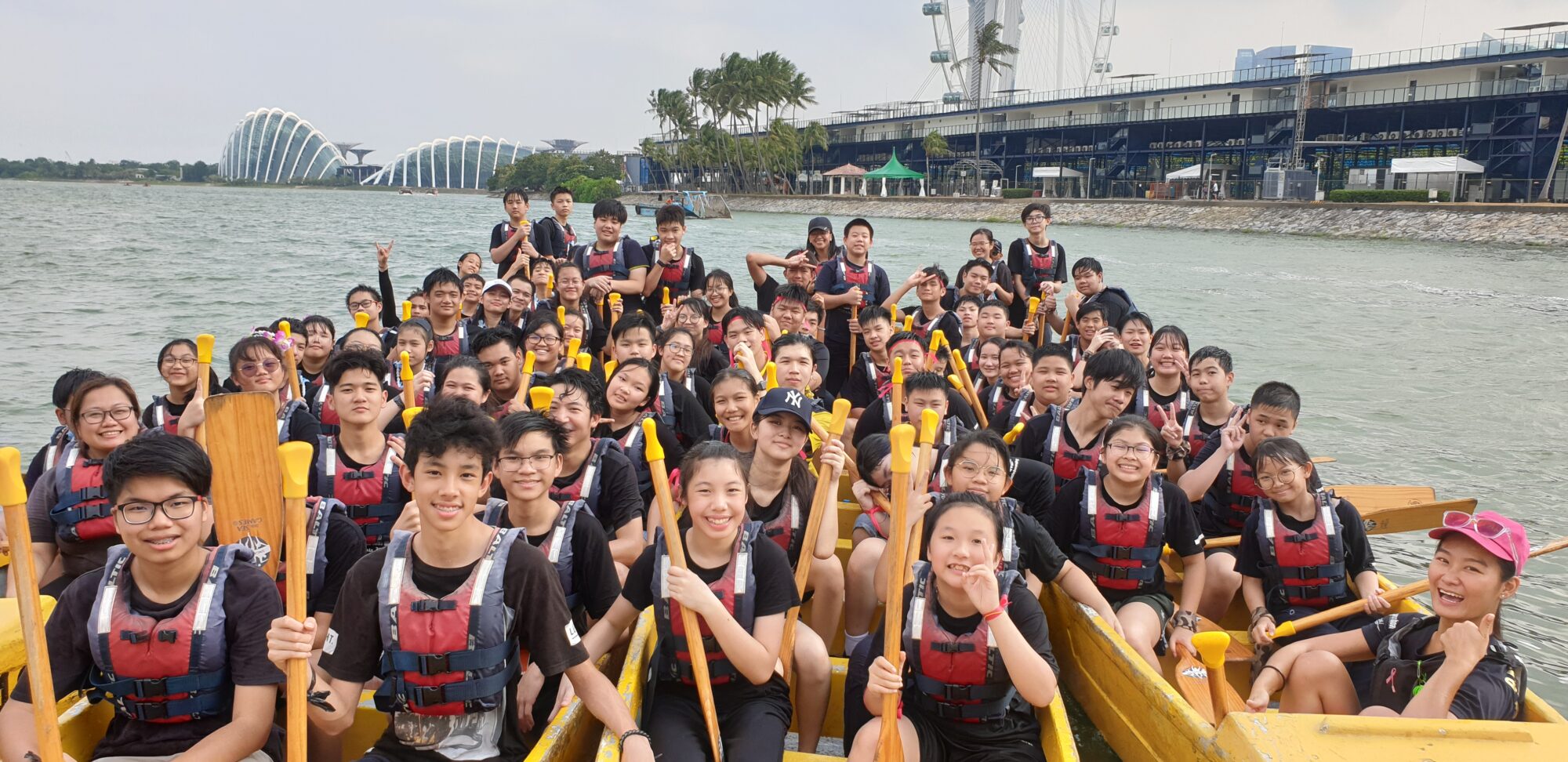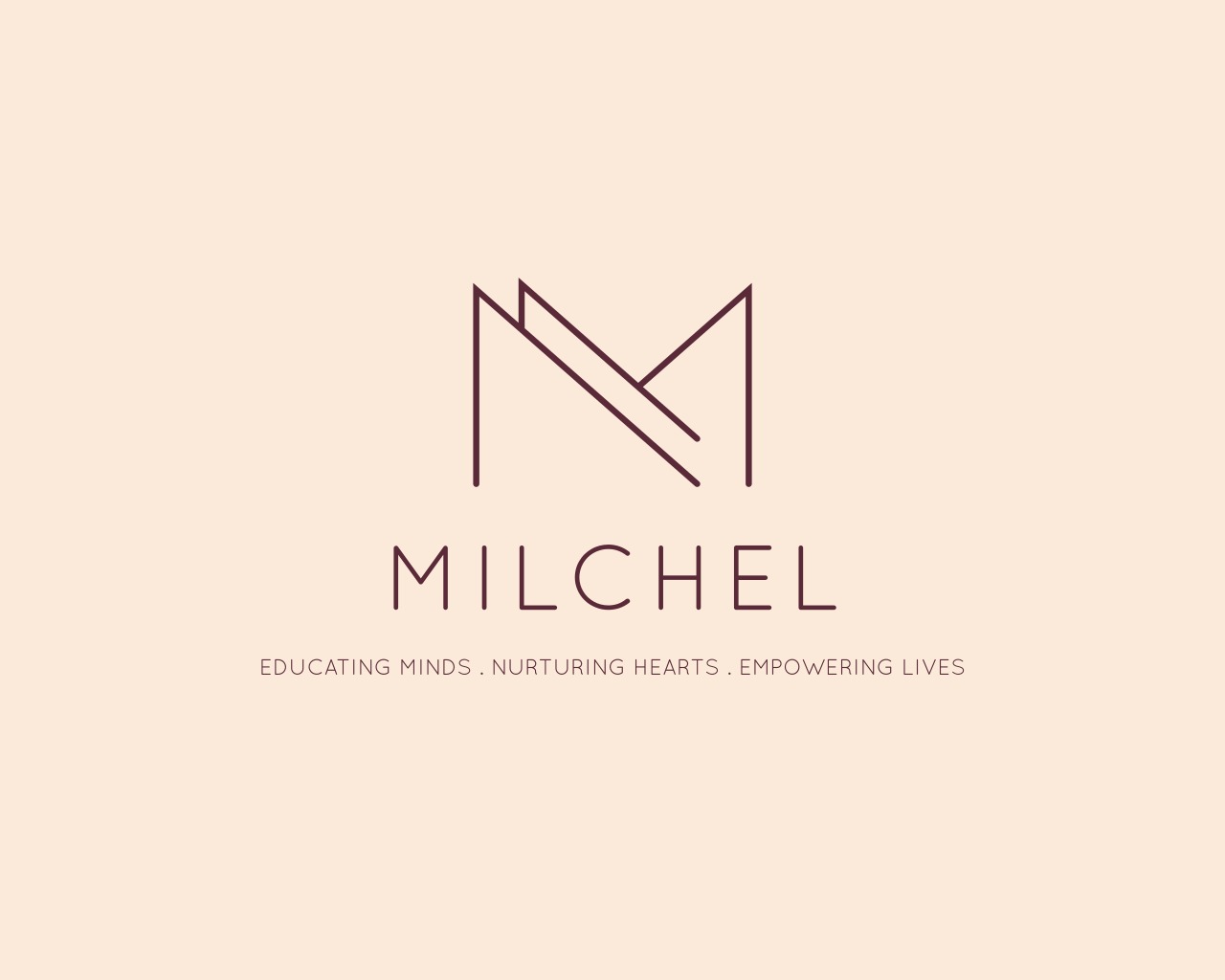Today’s students use AI more than we think. The most commonly used tools include ChatGPT, Gemini (by Google), Microsoft Copilot, Grammarly, and Quillbot. These platforms can help students write, brainstorm, summarise, and learn faster. When used properly, AI can support thinking, spark creativity, and make learning more engaging. But like any tool, it depends on how it’s used. This is where we adults come in. We must teach our children how to use AI wisely, not blindly.

So what skills and habits do they need?
First, children must learn to be inquisitive. Teach them to ask questions, and then ask follow-up questions. If they get an answer, tell them to ask, “Why is this the answer?” or “Can I look at it another way?” AI often gives answers confidently, but that doesn’t always mean the answer is correct.
Second, fact-checking is a must. Students should learn to cross-check answers with trusted sources, especially websites ending in .gov, .edu, or .org. These are more likely to offer accurate and reliable information.
Third, teach students not to rely on just one source. One AI answer is not enough. Encourage children to read from multiple sources, watch interviews with real experts, and even talk to real people when possible. AI is helpful, but it should not replace human judgment or experience.

Fourth, stop students from being lazy. A recent study suggests that relying too much on tools like ChatGPT can reduce brain activity linked to critical thinking and memory. If students let AI do all the thinking, their own thinking muscles weaken. We must remind them that learning still requires effort.
And finally, remind students to use AI to their advantage – not as a shortcut, but as a support. Let AI help you get started, give ideas, or explain difficult topics. But always add your own thoughts, understanding, and voice.
In conclusion, AI is not something we should fear. It’s something we should learn to manage. As adults, we need to model curiosity, critical thinking, and responsibility. With the right guidance, our children can thrive in this AI-powered world, not by following AI blindly, but by thinking smarter, deeper, and more independently.

